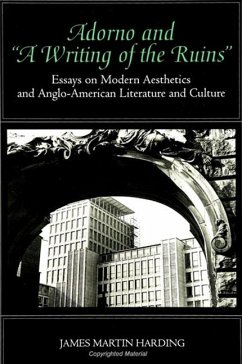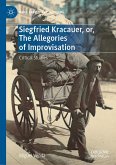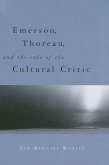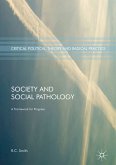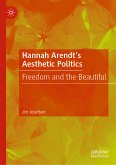Arguing that postmodernism has so shifted current critical paradigms that Adorno's work can best be assessed in terms of its relevance in specific localized contexts, this book pursues a course that preserves Adorno's opposition to hegemonic programs but that is also wary of Adorno's own (negative) penchant for totalizing concepts. Unlike recent works which attempt to synthesize Adorno's writings into a comprehensive system that then becomes either the focus of an overriding critique or an object of appropriation, Harding orders his book as a collection of essays whose loose association questions the structural totality of Adorno's thought. Though together the essays cover all the major issues of Adorno's thought and offer a wide critical survey of his writings, the diversity of their focus avoids a systematic reduction of Adorno's work into a reproducible technique or method. The result of this strategy is a far more dynamic analysis of Adorno than a mere critical reconstruction of his ideas.
By applying Adorno's theories to works by Samuel Beckett, T.S. Eliot, Ralph Ellison, and Amiri Baraka, the book pushes critical discussion of Adorno into cultural contexts that, while perhaps new for Adorno scholars, reach out to those whose knowledge of Adorno is limited. This book is a fine introduction to the subtleties of Adorno's writing and a genuine contribution to Adorno scholarship.
By applying Adorno's theories to works by Samuel Beckett, T.S. Eliot, Ralph Ellison, and Amiri Baraka, the book pushes critical discussion of Adorno into cultural contexts that, while perhaps new for Adorno scholars, reach out to those whose knowledge of Adorno is limited. This book is a fine introduction to the subtleties of Adorno's writing and a genuine contribution to Adorno scholarship.
Dieser Download kann aus rechtlichen Gründen nur mit Rechnungsadresse in A, D ausgeliefert werden.

